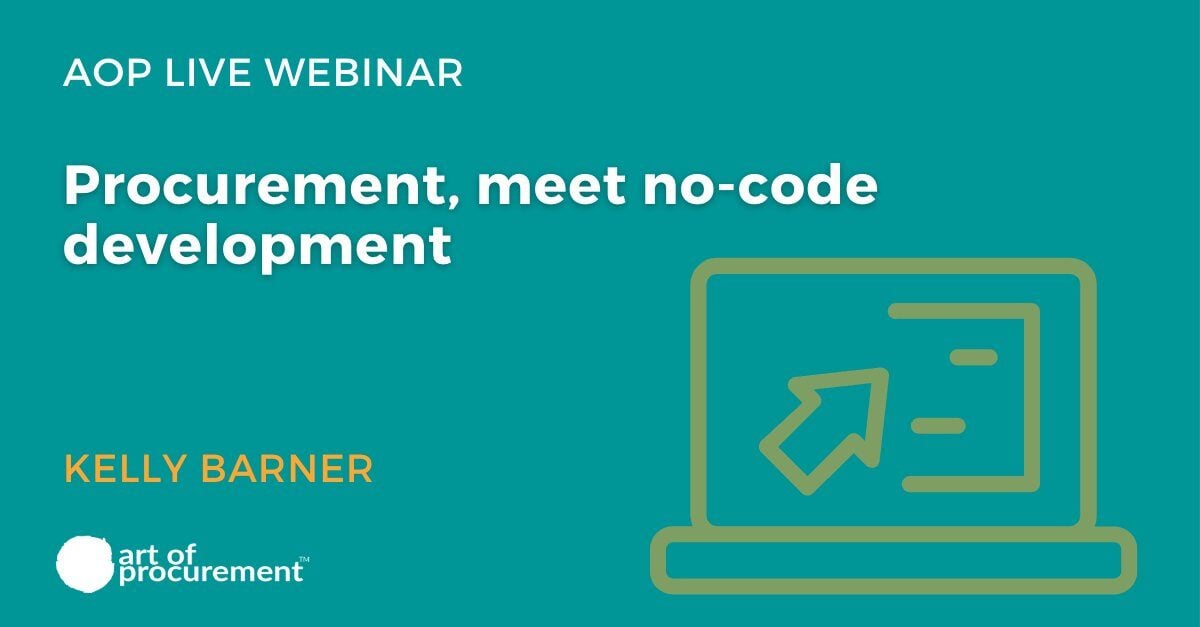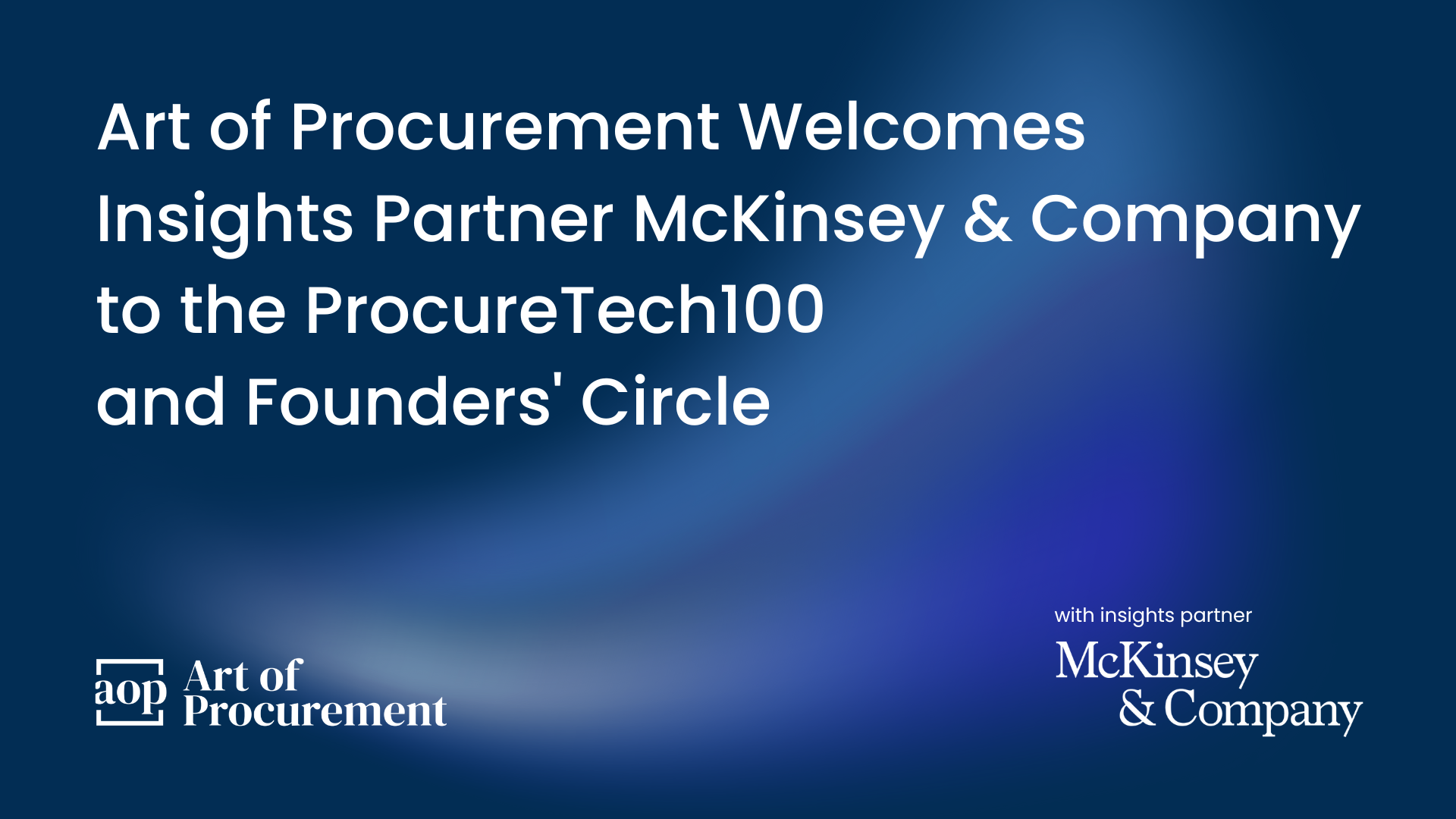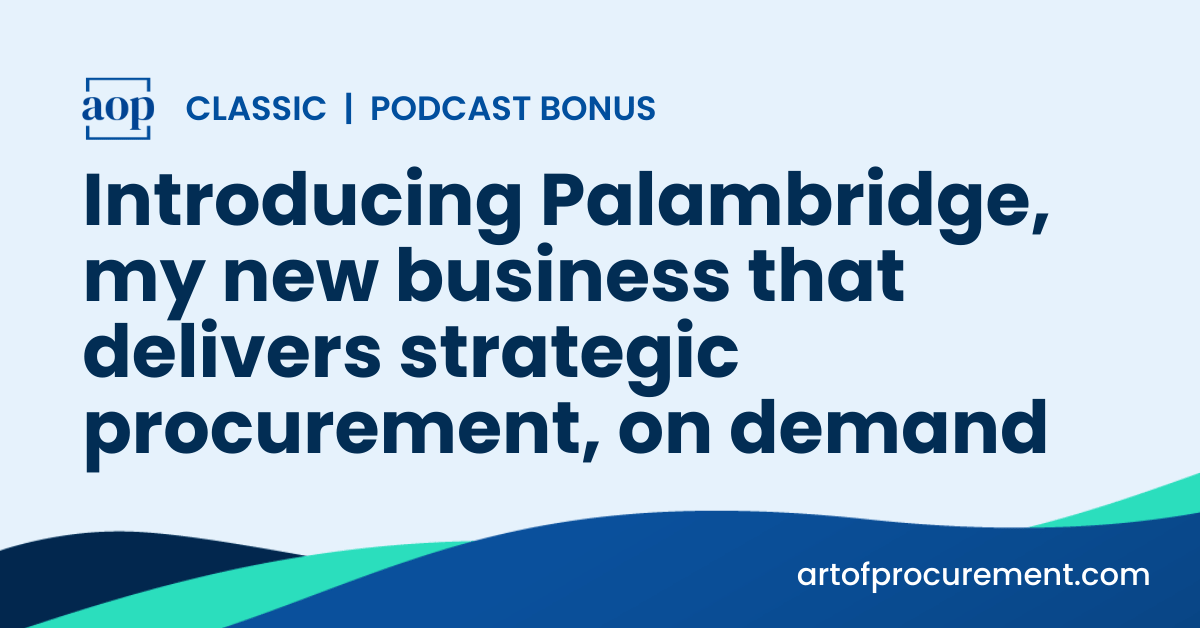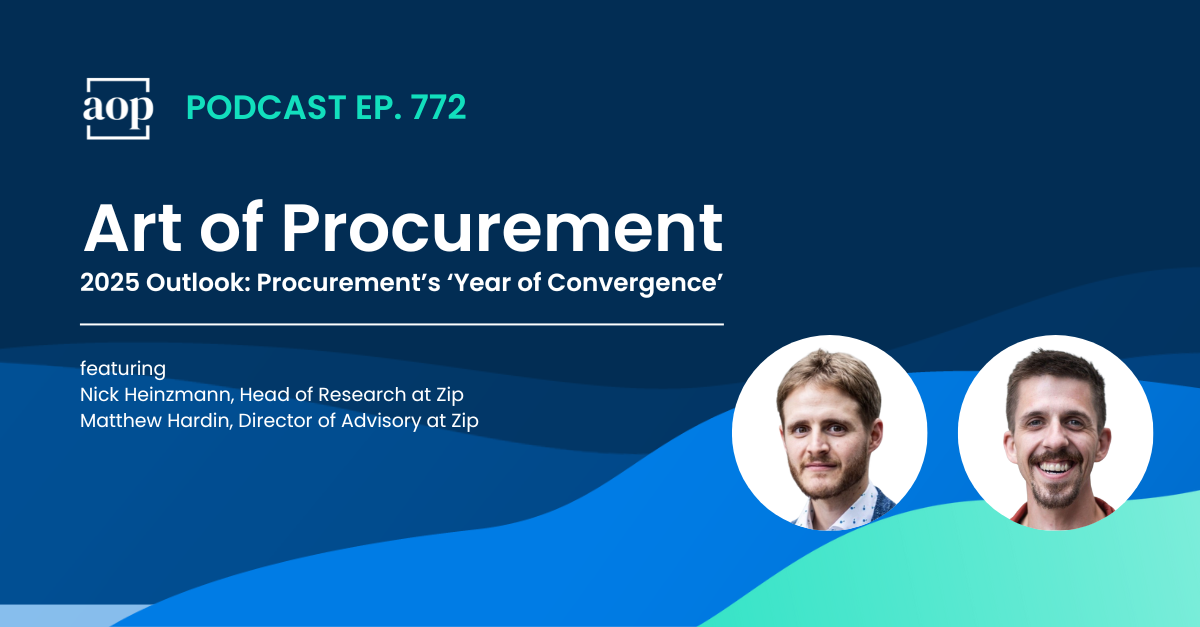
The user experience associated with procurement technology has come a long way. I’m dating myself here, but procurement used to have to attend days of training before running a single RFP. If you wanted to be a systems admin, your training might take a week or more.
Today, most people are digitally literate enough that they expect to be able to use most of a platform’s functionality without attending a single minute of training. And there are no exceptions for procurement platforms, they have to be just as easy to use as any consumer application.
And now we’re seeing the same kinds of improvements to the system admin user experience.
On-premise instances of procurement software had to be configured to meet a company’s needs (yes, back in the day). During an implementation planning meeting, your account manager would walk you through a whole list of options and then key those selections into the codebase for your instance of the software.
In the cloud, there are fewer configuration options – even updates are often rolled out with very little fanfare. And yet, procurement still wants to make sure that process-oriented platforms align with requirements and existing workflows.
Enter ‘no-code’ development.
Some platforms can now be configured via a graphic user interface (GUI) – meaning a person with no coding experience whatsoever can modify how the platform works. No-code puts the control over how a platform works directly into procurement’s hands.
But will no-code catch on?
The team at Zip thinks so. They are predicting that procurement will embrace no-code development 2023, following in the footsteps of user experience trends like self-guided sourcing. Once procurement starts to distribute information access and decision making, it is likely that other processes will follow.
Join us on January 25th at 1pm ET for an AOP Live session about 2023 predictions featuring Rujul Zaparde, Founder and CEO of Zip, and Colin Glazier, VP of Solutions Consulting at Zip. They will answer live questions about the economy, the need for greater procurement alignment with the business, and yes – no-code development.




